Okay so I have a Web API I am making for talking to a SQL Azure database and following this tutorial here: https://learn.microsoft.com/en-us/azure/sql-database/sql-database-security-tutorial
I get to the section I already know on how to copy the Azure connnection strings and there are ones like this(ADO.NET):
Server=tcp:{myDatabase}.database.windows.net,1433;Initial Catalog=Expenses;Persist Security Info=False;User ID={your_username};Password={your_password};MultipleActiveResultSets=False;Encrypt=True;TrustServerCertificate=False;Connection Timeout=30;
I know I have to provide my credentials and I can put them in and get the API to work just fine. My question is how do I protect this string if I save it to GitHub or under source control? In the past with .NET I did a method with a protected configuration as shown here: https://learn.microsoft.com/en-us/dotnet/framework/data/adonet/connection-strings-and-configuration-files
Basically something like this:
<connectionStrings configProtectionProvider="DataProtectionConfigurationProvider">
<EncryptedData>
<CipherData>
<CipherValue>{long ciphered value}</CipherValue>
</CipherData>
</EncryptedData>
</connectionStrings>
I was attempting to potentially extend services off of something like this article: Encrypted Configuration in ASP.NET Core
However I am using Azure and I know that mixing Azure into the mix gives you some other things to do as well. Are there any suggestions by people that have used Azure Databases on how they secure their connection string or at least a link to get me started?
